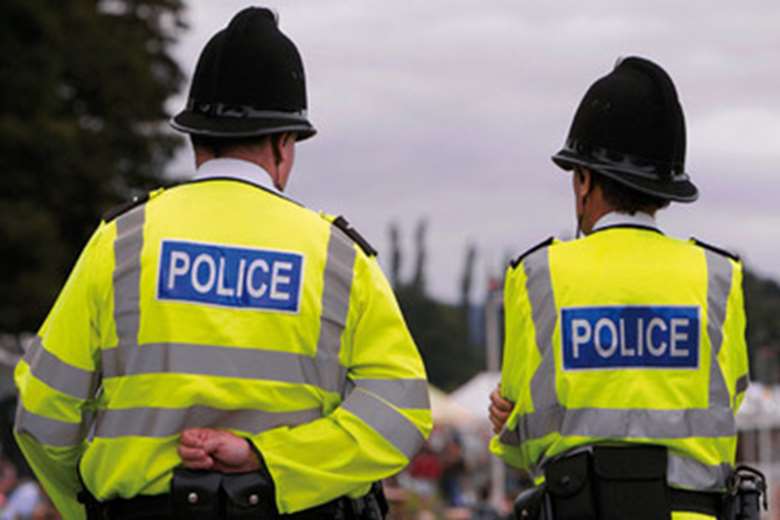A study by the Criminal Justice Alliance (CJA) found that although the number of stop and searches carried out each year in England and Wales is in decline, the decline has disproportionately favoured white people.
While the overall number of searches has dropped from a high of 1.2 million to a low of 380,000 in 2015/16, BAME people collectively are now three times more likely than white people to be searched, up from twice as likely the year before.
Black people in particular are now six times as likely to be searched, up from four times the previous year.
Many young BAME people agreed that stop and search is a useful police tactic to reduce crime, when used fairly, but said this is often not the case.
However, The CJA said there remains limited evidence to support the theory that stop and search actually reduces crime.
"Where evidence does exist of stop and search having a deterrent effect, the effect is highly localised and short-lived," the report states.
"Furthermore, this effect doesn't take account of the damaging consequences to police/community relations.
"While arrest rates following stop and search - an important measure of its effectiveness - have improved, the vast majority of searches still result in nothing being found and no further action being taken."
The report adds that when stop and search is used in a way that is perceived to be unfair or ineffective, it has a lasting corrosive impact on young peoples' trust in the police, their willingness to co-operate with the police and, consequently, the police's ability to carry out investigations and reduce crime.
"For BAME communities in particular, stop and search undermines confidence in the police," the report states.
"Three quarters of young BAME people think they and their communities are targeted unfairly by stop and search."
The report makes a number of recommendations, including that:
- Police should always treat those they stop with respect and professionalism and communicate with them accordingly.
- Police officers need actively to prevent the escalation of unnecessary hostility by listening to the young people they are stopping and taking their time before carrying out a search.
- Police should mitigate young people's anxiety about stop and search by repeatedly explaining what it is, the reasons for a stop and why they have reasonable suspicion.
- One police officer in every area should be responsible for liaising with young people on stop and search - through schools and youth centres.
CJA Director Ben Summerskill said: "The discrepancy in the rate at which black people are being stopped on our streets, and the way that some stops are conducted, is clearly toxic to good community relations.
"Too many young people we've spoken to feel a visceral hostility towards police as a consequence. When two thirds of stops lead to no further action being taken at all by most forces it's understandable that huge resentment is caused."





